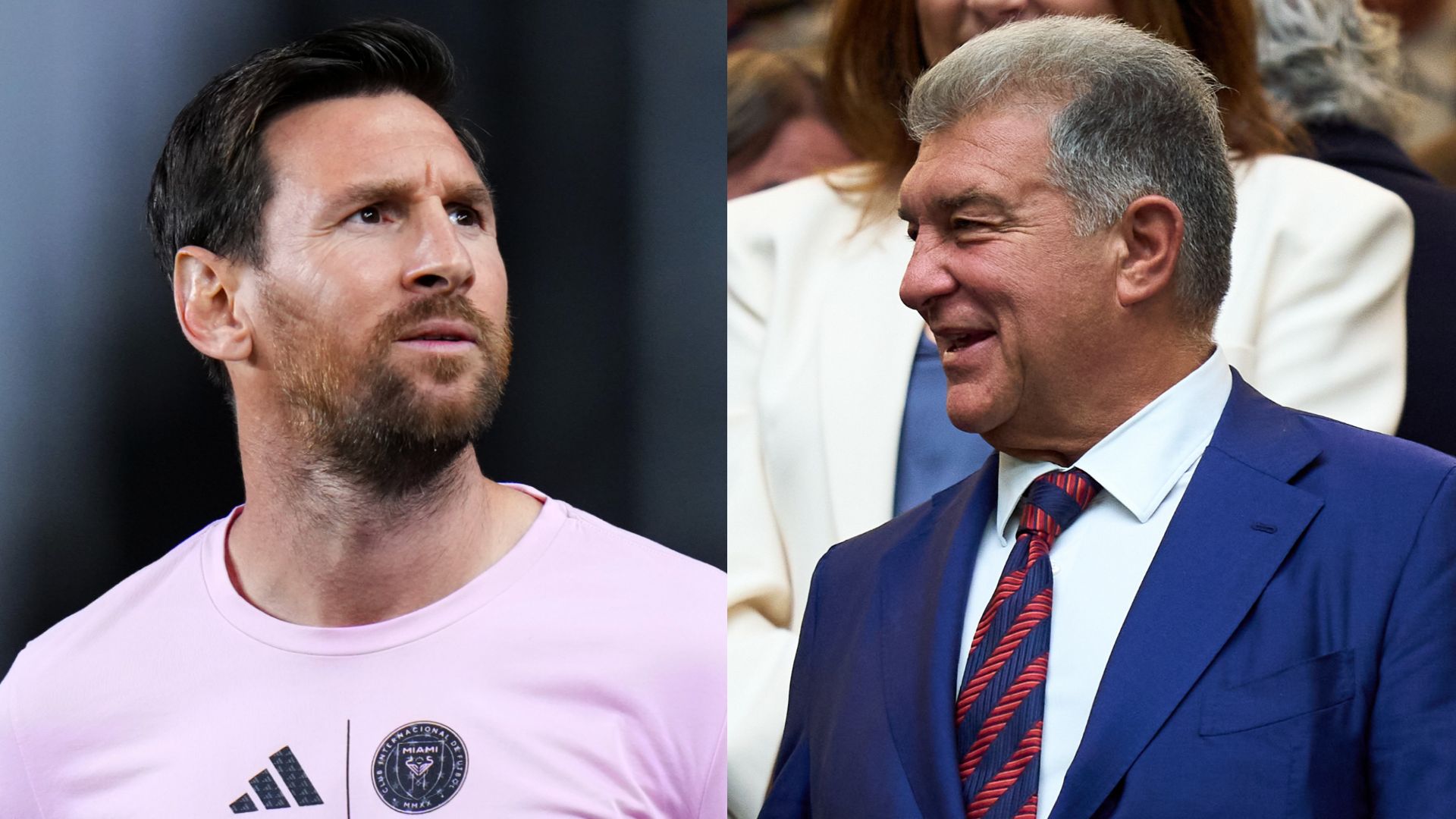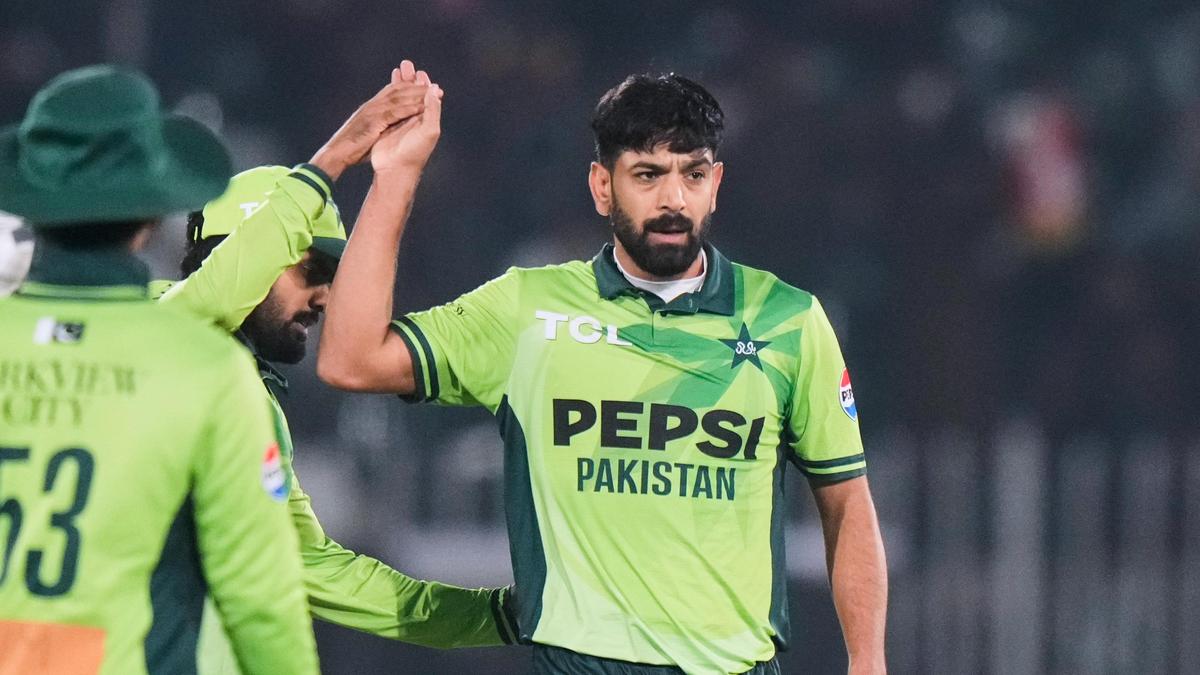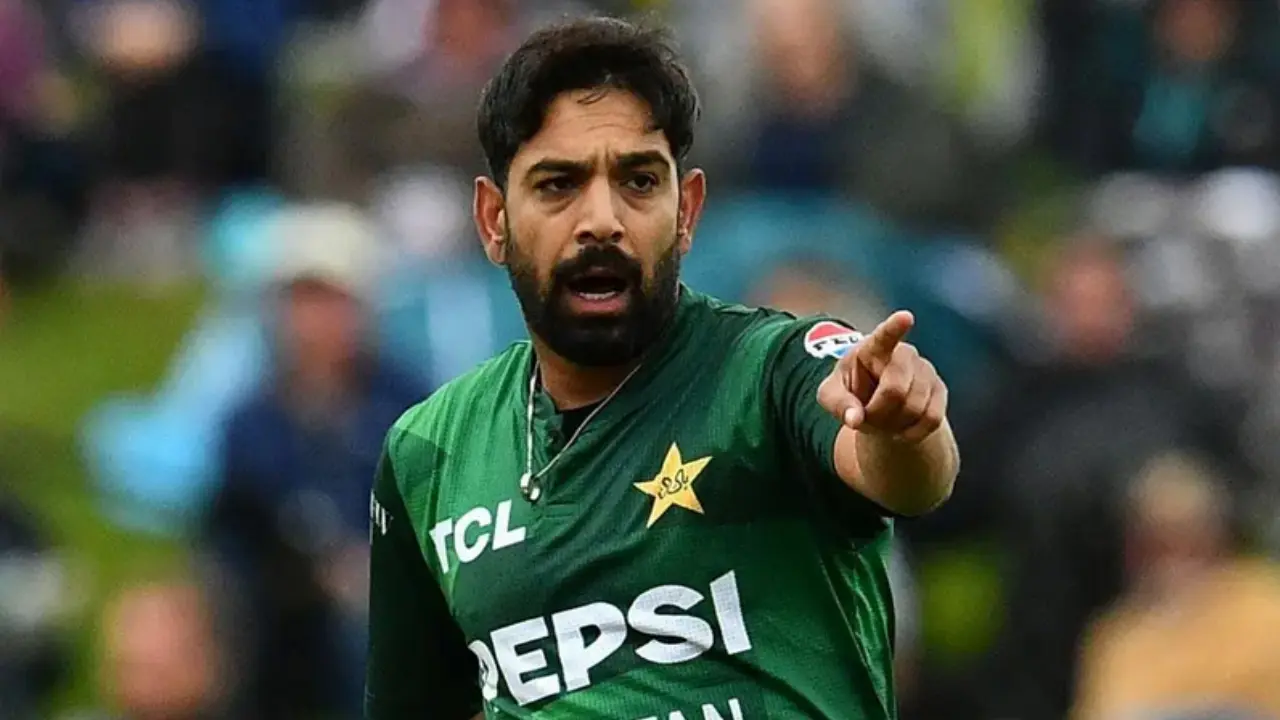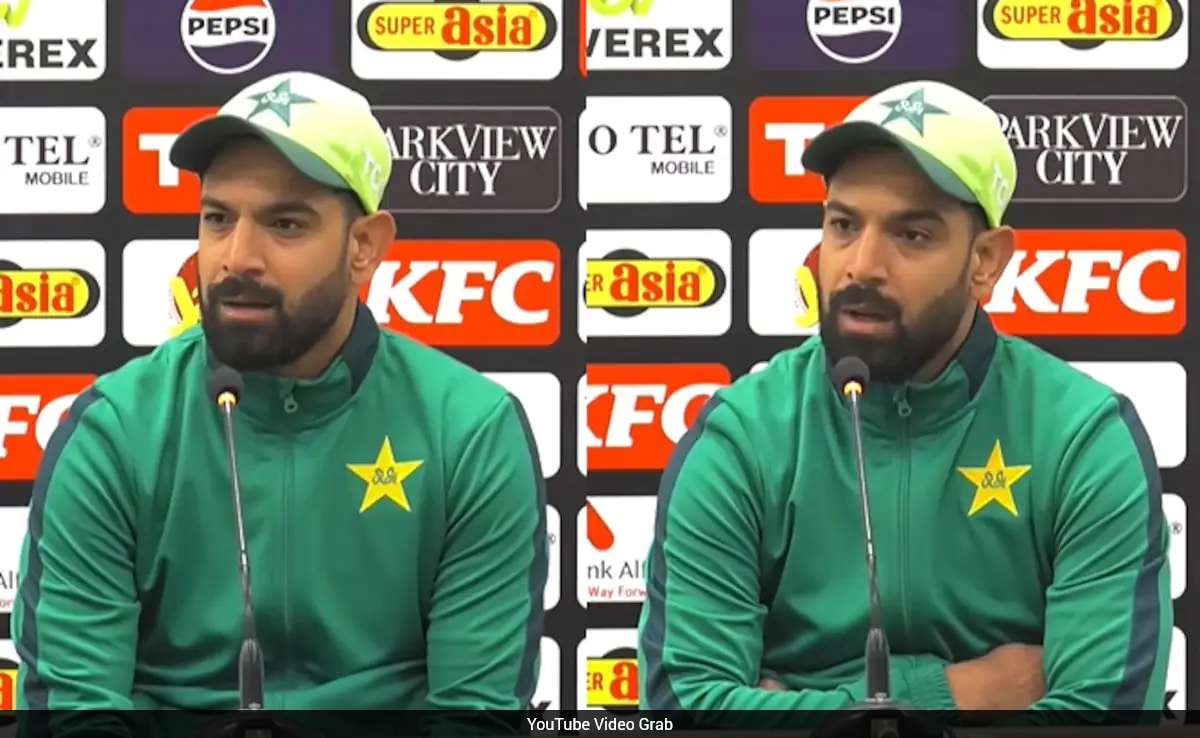Crowd involvement ups the ante for GAA's fight club

It's a familiar message to receive for anyone in a Whatsapp group. Your eyes are first drawn to the thumbnail; usually a crowd of bodies converged together on a GAA pitch. You notice above the picture a couple of arrows and the words "forwarded many times." Even before you’ve hit play, you have a fair idea what’s coming next.Social media over the last couple of weekends has had its fair share of violent scenes from GAA games around the country. Incidents in Kilkenny, Tyrone and Wexford have spread like wildfire and the GAA’s reputation has, not for the first time, taken a battering.Are scenes like this becoming more prevalent or is it just the consequence of everyone having a smart phone, and the recording-broadcasting capabilities that go with it? Truly, it’s pretty irrelevant. Fairly or unfairly, the GAA has a PR problem compared to other major Irish sports like soccer and rugby.This is not a new problem, this is not a new article.It’s coming up on 30 years from the most famous GAA brawl of all time as Meath and Mayo battled it out – literally – in the opening seconds of the 1996 All-Ireland final replay. On The Sunday Game that night, Pat Spillane channeled his inner Steve Bunce as he analysed every kick and punch, "he exercises his right leg, stretching it I presume", all nicely highlighted by the production crew for crystal-clear viewing.Meath’s Colm Coyle was dismissed after umpire Francie McMahon told referee Pat McEnaney that "he's after dropping about six of them."That gratuitous display of violence is remembered with almost a sense of romanticism, apart from the also banished Liam McHale – his rap sheet a lot cleaner than Coyle - who remarked that "there wouldn’t be much football played" when his Mayo side next met Meath.Condemnation, of course, followed that All-Ireland final replay, but the passage of time has been kind (although it still was allegedly the source of a row in a Westport chippy in 2016 that ended up in the courts).Such generosity would be unlikely if the scenes were repeated today. Unfortunately, below inter-county level, such scenes are still all too familiar.Two recent, high profile, incidents at club matches involved spectators becoming involved with players on the field of play.The events surrounding the Wexford football final and last weekend's Leinster club clash of Ballyhale and Kilcormac-Killoughey, are both the subject of Garda investigations.The incursion on to the pitch by spectators in such a manner is a terrible look for the GAA, who have reshaped their calendar to put the spotliight on the club game. The incidents may be isolated, but they are happening at well-attended matches with a national profile.Simply put, you do not see things of this nature happening at League of Ireland soccer games or rugby matches in the AIL.So why is it still occurring in the GAA?After the unsavoury post-match incident that marred Galway’s 2022 All-Ireland quarter-final win over Armagh, for which Tiernan Kelly accepted a six-month ban for an alleged eye gouge, the damnation was stark, and rightly so.One of the more interesting reaction pieces came from former Dublin footballer Philly McMahon in the Irish Independent.Cutting to the chase, and while criticising the more extreme examples, McMahon said: "If we’re for real about posing the question, then let’s be honest about the answer; it’s part of the GAA culture."Three years on and his view hasn’t really changed."Oh here’s Philly McMahon excusing violence again," McMahon said to RTÉ Sport. "I know people are going to say that, but I can only give my honest opinion."The two-time All-Star makes it abundantly clear that there can be no place for spectators getting involved or any of those more violent scenes, but he feels that flashpoints are inevitable in such a physical sport."Everyone will be politically correct and say it’s not right for the sport and it’s an issue, but at the end of the day is it really a big issue? Or will it become a real issue – that’s the real thing."When you look at the amount of games played in a year, football, hurling, camogie and women’s football, it’s only a handful of games where something happens that goes viral in Whatsapp groups or on social media," he said."These incidents don’t happen every week, if they did it would be worrying and of course if someone’s coming on to the pitch or in after the game, that’s not what we want in the GAA. That’s not what we want as a culture in the GAA."Because it doesn’t happen a huge amount, when it does happen it’s always magnified – 'is this creeping in? Is this a change in the sport that we need to be worried about?’"I think it’s good to be paranoid of that because you’re ahead of the curve, but it’s generally very hard to eliminate it all."McMahon has always held his hands up and admitted that he crossed the line physically on the pitch on a number of occasions. He said that that was especially true while on club duty with Ballymun where there was less focus on the actions with fewer officials and watching media and supporters.It was Kickham’s then manager Val Andrews who calmed him down in that regard, and the player said that maturing as a footballer also involved maturing the physical side of his game – but McMahon said the "warrior culture" of the GAA is always going to produce examples of situations bubbling over."If you have a friend being dragged or pulled in a melee, it’s very hard to not get involved. Ego, machoism - you want to feel that you’re there for your team-mate. That’s a whole part of the connection of being in a group and the team environment."Armagh 2002 winner John McEntee (above) is another who has been vocal on the subject over the years.He has two strong opinions on the matter, the first is that managers need to regain control of the changing rooms and, secondly, that physicality must remain a cornerstone of football – and the response to such physicality needs to mature, like it did with McMahon."It’s [the manager's] responsibility to set a good culture and effectively set ground rules in terms of how [players] behave to each other and their attitude and behaviour to the opposition and to referees" McEntee told RTÉ Sport."If you bend on those too much, then people are just going to get away with doing whatever they want."Young fellas – in fact everyone – needs boundaries, you need regulation and rules; it’s how the world functions and the GAA is just a microcosm of that."We have to be better at establishing those rules and saying what is acceptable and what’s not acceptable."McEntee links the issue around spectator involvement back to underage coaching and allowing parents to be too involved."Particularly at club level, the manager has such an important role. He sets the standards for these young fellas on and off the pitch but he actually sets standards for parents as well."If you’re a coach who is constantly involving parents in the coaching space, bringing them in at underage to comment about what’s happening or about player selection and this sort of stuff, you create problems for yourself," he said."Conversations about who is picked, who is not picked, style of play – those are not conversations to have with parents outside that space because you’re responsible for that."It means that parents come as spectators to watch and enjoy, they don’t have any more of a vested interest than having their son play and things shouldn’t then boil over."It’s undeniable that the GAA’s image at inter-county level has been cleaned up considerably. Plenty of pushing and shoving remains, but a full-out slugfest is a rarity on the hurling and football field at that top level.While McEntee is happy with that, the diminishing physicality is a dagger through his heart and he hopes to see a return to the tough game he played – where players can shake hands and congratulate an opponent after a bruising battle.As adults we have to take a step back and look at it for what it is. It's a sport"You’re allowed to be aggressive, you’re allowed to go in for a tough tackle; sometimes that’s mis-timed and mistakes happen, sometimes a young fella goes in and deliberately fouls a fella, but that doesn’t mean a parent or the people watching can react in a heightened way."That’s the wrong reaction. As adults we have to take a step back and look at it for what it is. It’s a sport, it’s a place for people to grow and mature and we can be passionate, we can want the best for our team, but we have to know where that line is drawn."When you do cross it, it looks ugly and you can never get back in the box. Particularly with social media, it’s out there and people will be ashamed of their actions that are shared online and I think if they had the chance to do it again they wouldn’t - or at least I hope they wouldn’t."Transparency is often cited as an area that could be improved on when it comes to GAA disciplinary issues, particularly at club level. When counties carry out investigations after incidents, the outcomes are very rarely publicised.One high-ranking GAA official, who has asked not to be named given he continues to sit on a number of disciplinary boards, has said the blame falls not with county boards being coy, but with the media for letting it slip through the cracks."The proposed penalty comes through and the person or the club involved has two days to seek a hearing. County boards will not comment on it during that period, but when the hearing is complete, the county PRO should answer, but the press needs to ask them."You’ll see stories in papers about people requesting hearings or investigations due to take place, but after the evidence is evaluated and the decision is made, the parties are informed. People can appeal, of course, but they’d have to prove that the hearings committee misapplied a rule or that they felt there was an issue with their hearing. They can then go on further to the Disputes Resolution Authority."But the relevant parties are made aware of the findings and I think the press are maybe not asking the right people at the right time for the outcome."Frivolous hearing requests do remain a scourge of the association – although the official hasn’t noticed any trend changes in recent years – with the GAA attempting to counter the issue.At Congress in February, Motion 22 – allowing additional punishments to be enforced for appeals "deemed to have had no prospect of success or have been an abuse of process" - was passed."I don’t think that will have much of an impact, to be honest," the official added. "It’s too difficult to prove one way or the other.""What happens is very simple. The team manager has a player sent off and he’s going to say to the secretary 'appeal that'. The manager doesn’t understand the whole process of it," he added."I’ve been sent to represent a club or a player and I’d know they had no chance because you’d have to prove the referee made a mistake, which is not easy. I’d go to the meeting and the first thing I’d say is 'the player has asked me to represent them in this case' and if you were on the other side of the table and couldn’t read between lines then you shouldn’t be sitting there."

.png)











